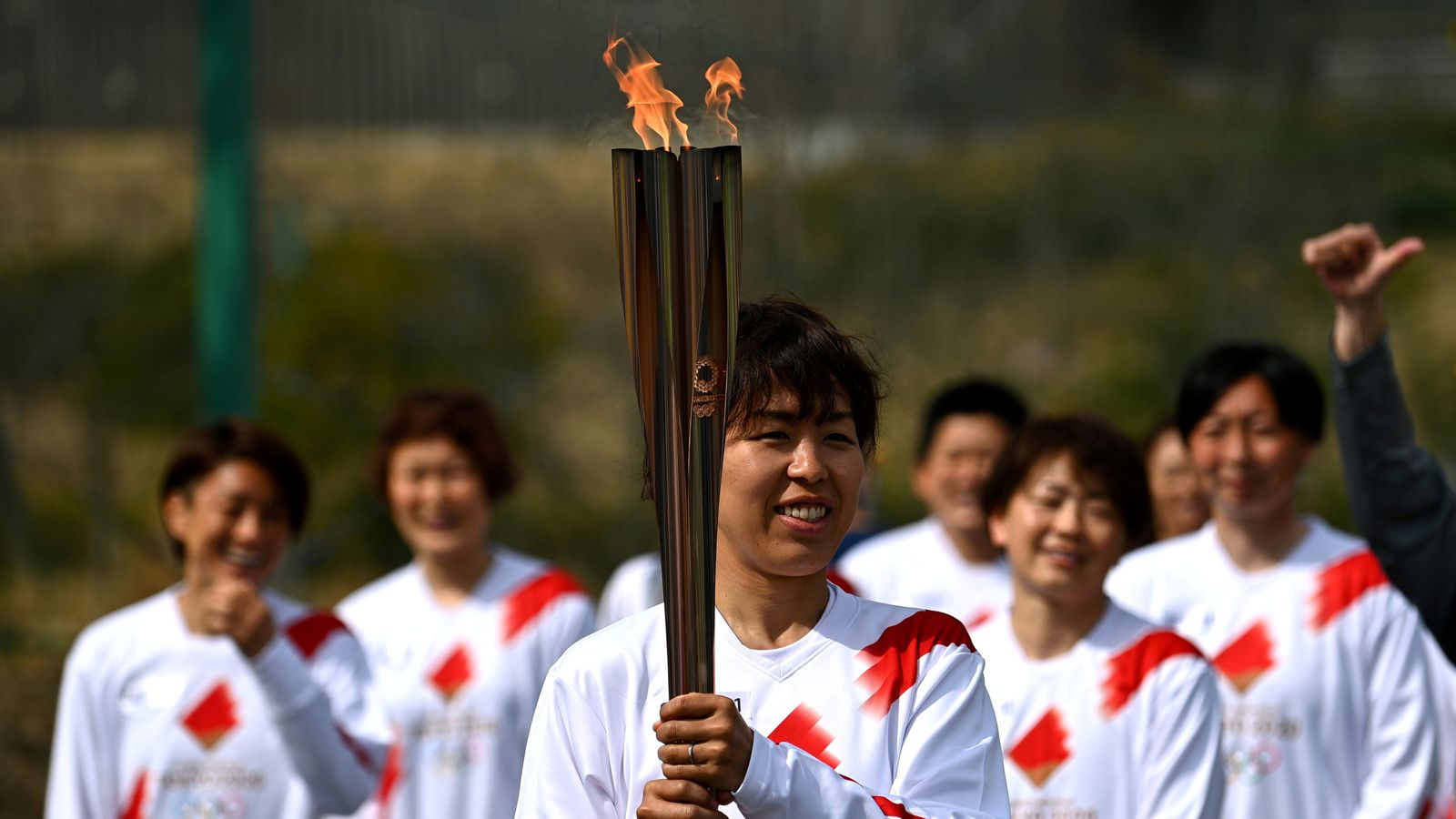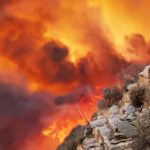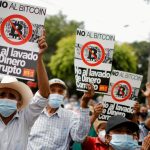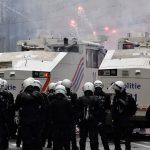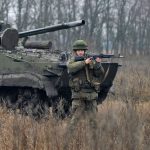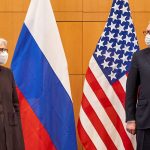The Olympic torch relay has set off, beginning a four-month countdown to the Tokyo Games, following a ceremony with no spectators and watched by crowds who were allowed to wave and clap but not cheer.
Organisers have billed the Games as the “Recovery Olympics,” in a nod to the earthquake and tsunami in 2011, as well as the pandemic.
The brief, solemn opening ceremony was held at J-Village in Fukushima, a sports complex converted for several years into a staging ground for workers decommissioning the crippled nuclear power plant.
Many of the runners taking part in the relay had fled after the meltdowns at the Fukushima Daiichi plant.
“For the past year, as the entire world underwent a difficult period, the Olympic flame was kept alive quietly but powerfully,” Tokyo 2020 president Seiko Hashimoto said at the opening ceremony.
“The small flame did not lose hope, and just like the cherry blossom buds that are ready to bloom, it was waiting for this day,” she added.
Events featuring Fukushima residents in drum and dance performances were followed by a children’s choir before the Olympic flame, flown in from Greece last year and kept alight under 24-hour guard, was used to ignite the torch.
“For the torch relay viewing, please ensure you are wearing a mask, keep proper distance, don’t stand close to each other and support with things like clapping, instead of using a loud voice,” an announcer said.
Japan has fared better than most countries during the pandemic, with about 9,000 coronavirus deaths, but Tokyo reported 420 cases on Wednesday, the highest single-day figure this month.
However, the majority of the public is against the Olympics being held as scheduled, polls show.
Japanese Prime Minister Yoshihide Suga assured reporters the national government was cooperating with Tokyo and the International Olympic Committee to host a safe and secure Games.
“We will do our utmost in terms of coronavirus measures and continue to work with related areas to contain the spread of infections,” Mr Suga said.
About 10,000 runners will take part in the four-month relay, which will go through all of Japan’s 47 prefectures.
But events were marred by North Korea which launched two short-range ballistic missiles into the sea near Japan.
The missile launches highlight the threat North Korea’s illicit weapons programme poses to its neighbours and the
international community, the United States military’s Indo-Pacific Command said in a statement.
The Games begin on 23 July but have been hit by several high-profile runner cancellations as celebrities and top-level athletes have pulled out, citing late notice and worries over the pandemic.
Organisers insist the Olympics will go ahead, but doctors and nurses have complained about the strain on hospitals and experts warn about the spread of virus variants.
Adding to the challenge, Japan was the last of the Group of Seven industrialised nations to launch a vaccine drive. Only 700,000 people have been inoculated so far, most of them medical workers.
